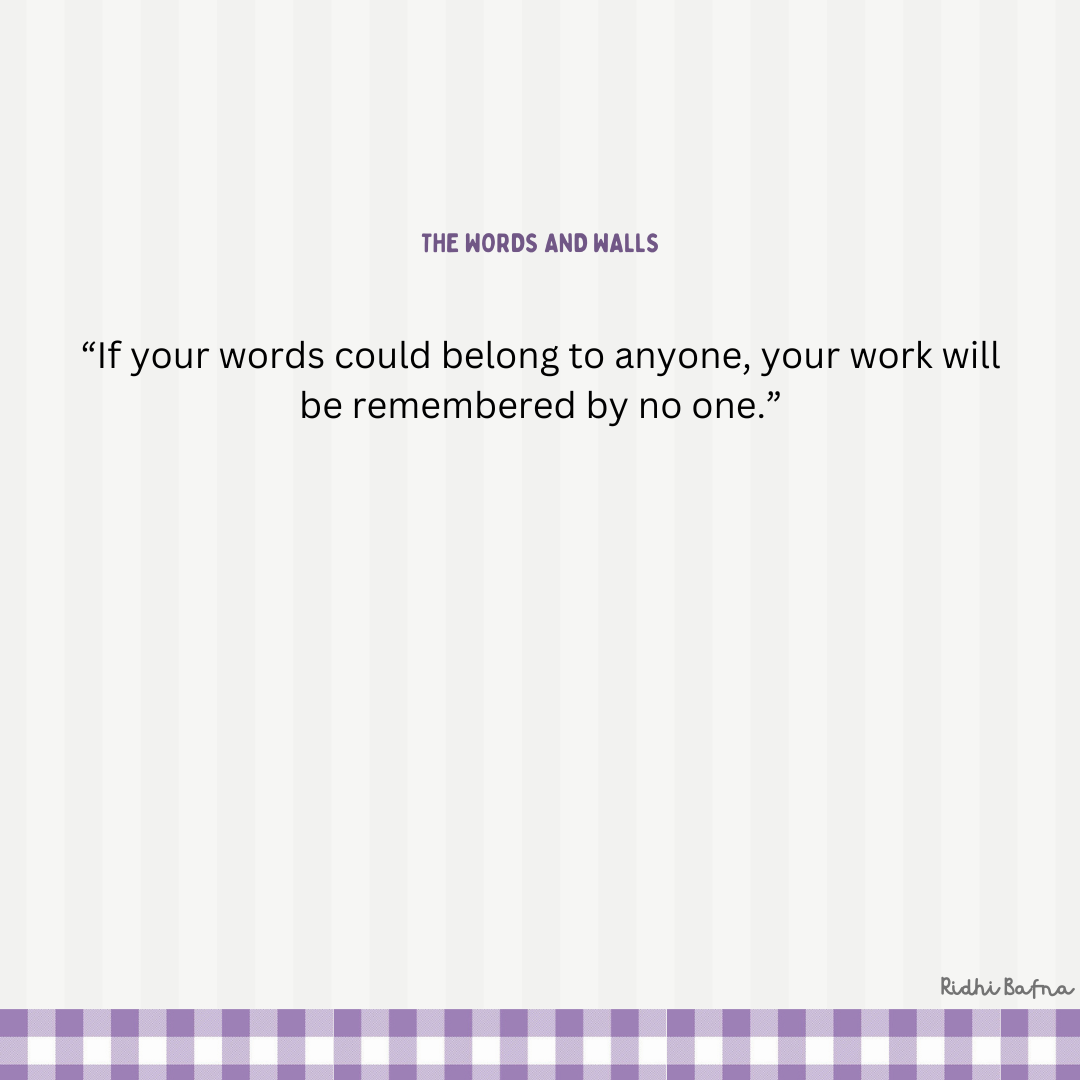Write Like the Architect You Are.
How to write like an Architect.

Design is a style of thinking and therefore being.
If your closet is filled with beige, navy, and black, you’re probably not driving a yellow car. You’re a classics person.
“If you’re deliberate with your words, you’re deliberate with your money: you don’t buy things just because they’re on sale, and you don’t use words just because they might sound impressive to other professionals.
How we think in one area often spills into another. But not everywhere because that takes intent.

Good architects design every entrance, every shadow line, every window with intent. But then they describe their work like this:
“Founded in 1987, we are a full-service architectural firm committed to excellence.”
What does that even mean?
“Full service” could mean plumbing. Or catering. Or taxes.
“Committed to excellence”? Who’s advertising that they're committed to mediocrity, anyway?
Those words are placeholders. They fill space without adding meaning. And they certainly don’t help the very people you want to reach.
You wouldn’t set industrial concrete against butter-yellow floral wallpaper and call it intentional. Now would you? Everyone would see the clash. Yet architects do this with the words on their websites all the time.
They design spaces that are thoughtful, enduring, and contextually rich, and then describe them in language that feels like it came from a committee. Or worse, from AI.

When writing is stripped of personality, made neutral, or polished until predictable, it drifts away from the ‘you’ your firm represents—the brand. If anyone or anything could have written it, why would anyone believe it’s yours?
If you are someone who spends months tuning how daylight filters through a north-facing window, why hand your introduction to the world over to just AI?
Your buildings have a style. Your style. Not for tidiness, but because it builds trust in the work you do.
Your words should carry that same voice. When someone reads your about page and thinks, “Of course the person who designed this wrote this”—that’s when they stop shopping around.
As the world grows generic, nuance is your competitive advantage.
The same sensibility that shapes your spaces should shape your sentences.

